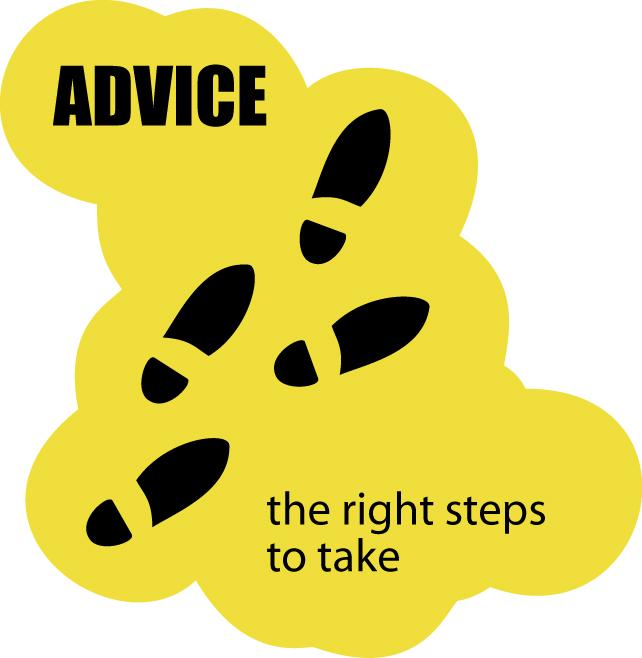Time waits for no one
I woke up last Saturday morning pondering on the whirlwind week I had and wondered how quickly time went by: by the time this weekend is over I travelled about 7500 miles by air and road combined. I thought about the fact that it was already October and that the year was coming to a close, this is when the idea for today’s blog, “Time waits for no one”, came to mind.
For my friends who are in university, you may be thinking the same thing that came to my mind when I thought of this topic. The fact that as a student there are different courses and social activities grabbing for your attention and you always seem to be playing catch up. For others it is procrastination; putting off what you can do today, until tomorrow. The problem with that approach is that tomorrow, something else pops up with the same or higher priority, which is then added to the list. Before you realize, the list compounds and you are faced with multiple due dates and little or no time to get things done.
It is out of this today’s advice is borne:
Don’t put off for tomorrow what you can do for today.
It is an important ideal that transcends all aspects of life, but particularly in school, there is a greater context that needs to be focused on.Making proper use of your time is also extremely important when thinking about building a career. Allow me to explain. What you do today has a direct bearing on what you will achieve years from now. How many times have you said to yourself, “This year I will apply to university or graduate school”? Or, “I am going to get that certification that will make me more marketable employee”? Or, “I am going to look for a new job”. Maybe it has been applying for that manager role that you keep psyching yourself out of going after.
With goals that have a longer term, like those mentioned above, it does not seem that big of a deal to defer a task to the next week or month at that actual moment, however as time goes by you find yourself with a decreasing desire to take action. As a result you would have to make double the effort to do what would have been much easier had you done so earlier. I myself have been guilty of such offences. I recall when I was writing my book, HOW TO MAKE IT FROM THE CLASSROOM TO THE CUBICLE, there were many stops and starts and with every restart it seemed harder than the time before. However, at one stage when I was not content with the progress that I had made, I challenged myself to finish. From that point onward, I became super focused and structured all my free time to get the job done. For those of you who have read the book can attest to the pride that I feel knowing that I am now an author.
As you read this blog today, think about goals that you have set years ago and that for some reason got de-prioritized because you deferred and deferred until you lost any desire to revive. Today is a good day to start a fresh and to make a concerted effort to finish. Do not be like the many, who due to their idleness ended up missing out on crucial opportunities to advance their personal and professional lives. Take up the challenge today, I guarantee it, you will be happy you did.
Until next time remember: As long as you have life, you should live it to your fullest potential.







